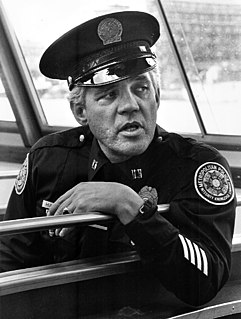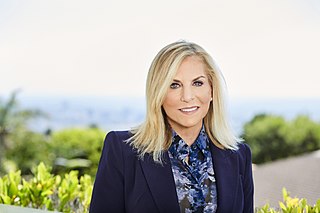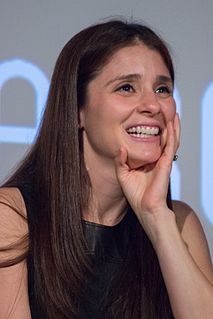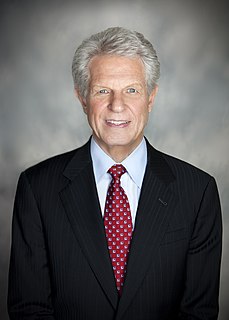A Quote by Martin Sorrell
Formula One gives a platform to companies like Rolex - and that's just in media space, watching television or reading newspapers, digital or physical. You see the brand in the context of the competition and bring it to the attention of everybody on a regular basis.
Related Quotes
When CNN launched in the early 1980s, everybody said: A 24-hour news network won't work. They launched, they did ok, CNN went almost bankrupt because of the risks they had taken, they got bailed out, and 25 years later CNN is a huge global brand. I think the same is going to happen in digital. If you look at the younger generation, there is a huge consumption of digital media and almost no consumption of print or traditional television. Eventually money will follow that. It is just a question of which companies win, how long it takes to get there and what kind of model you need to apply.
My definition of media? 'Anything which owns attention.' This could be a game or, perhaps, a platform. Ironically, the media tends to associate media with publishing - digital or otherwise - which, in turn, is too narrow a way to consider not only the media but also the reality of the competitive landscape and media-focused innovation.
I think the adoption rate with respect to social media and how companies leverage that varies by the company. Cisco is probably a leader in the space. A lot of times, we actually use virtual ways to communicate our brand and do some of our advertising, first on the social space, then we do on physical advertising.
If you're going to be a media brand and not just a linear television brand, then you have to make sure you're speaking to all women and all interests, so it may mean that you end up smaller audiences serving individual pieces of content, but the aggregate is what's important and what we're paying attention to.
You can't just repurpose old material created for one platform, throw it up on another one, and then be surprised when everyone yawns in your face. No one would ever think it was a good idea to use a print ad for a television commercial, or confuse a banner ad for a radio spot. Like their traditional media platform cousins, every social media platform has its own language.
The advertising marketplace is moving rapidly into digital videos. We know that by 2018 it is estimated that it will be a $12.2 billion business. We've been seeing the agencies combine their digital video spend with television spend and put it under one spend and just calling it "video." The pool of money is becoming much bigger. The comparisons between television and digital video are being made much more often because you can account for who's watching, you can't fast-forward through the commercials. There's a much more intimate relationship with someone watching digital video.
































